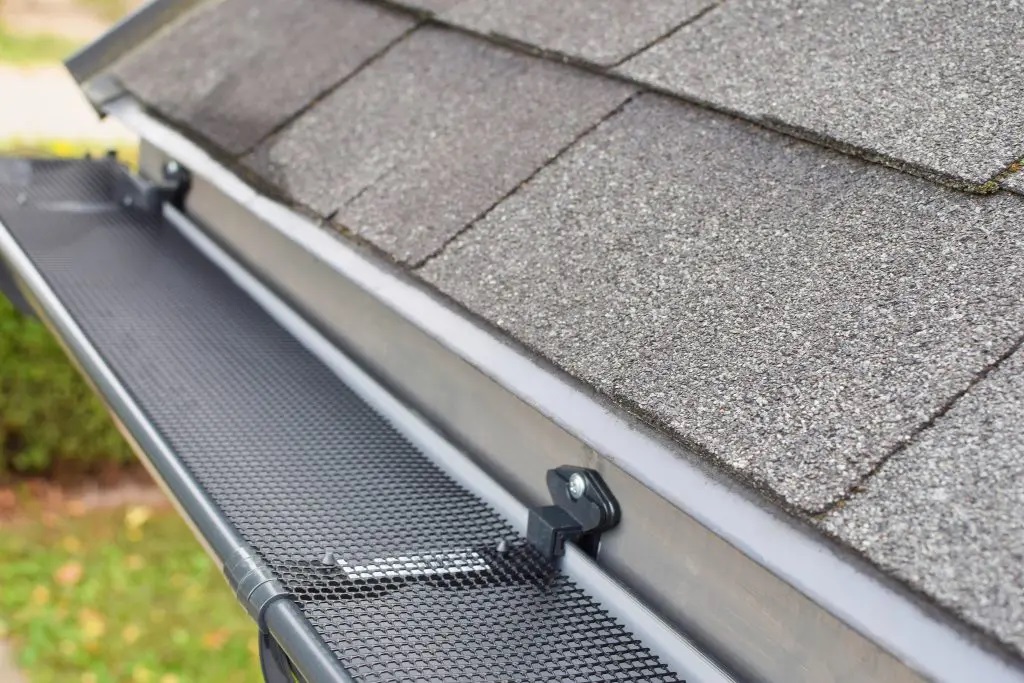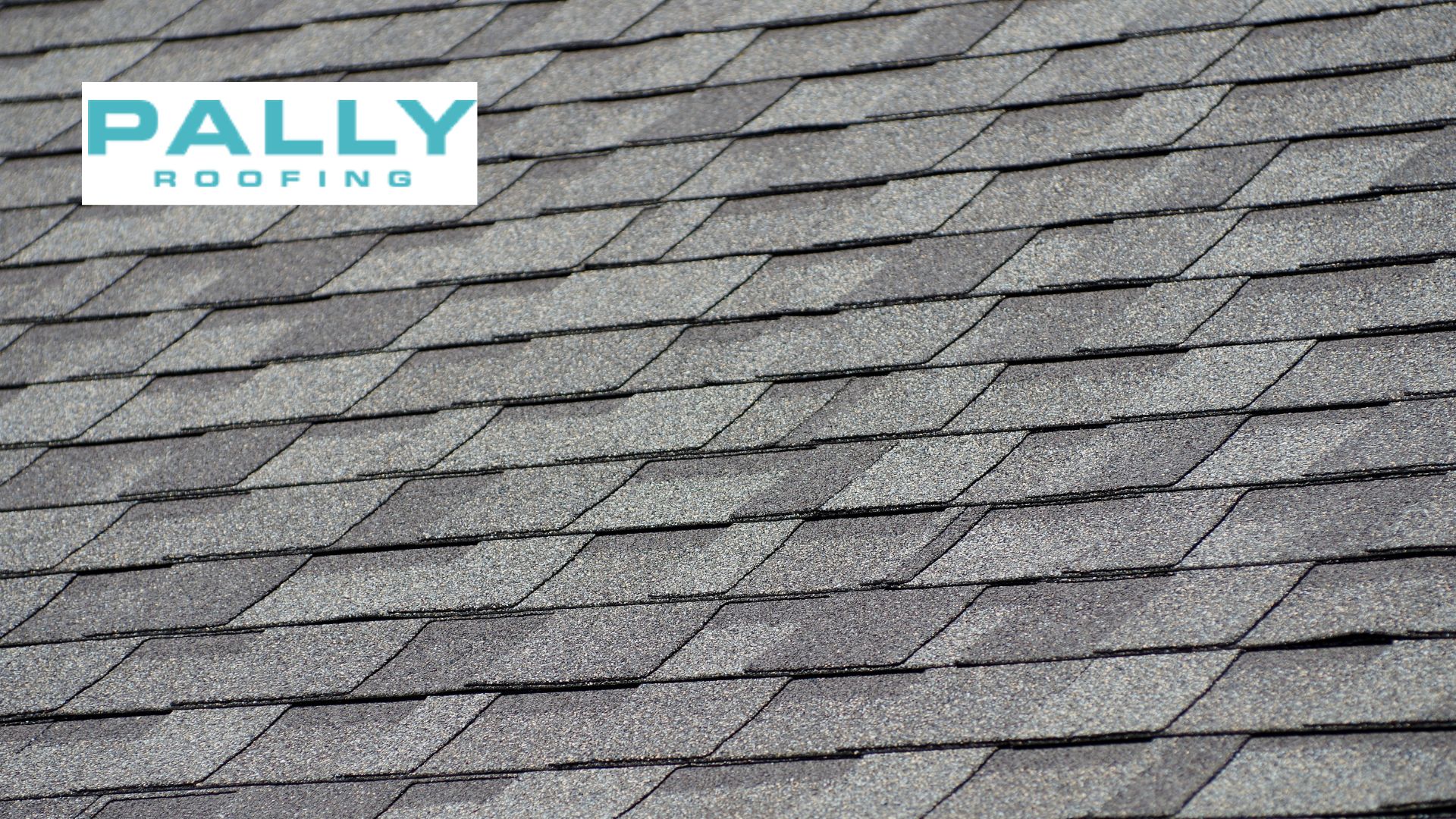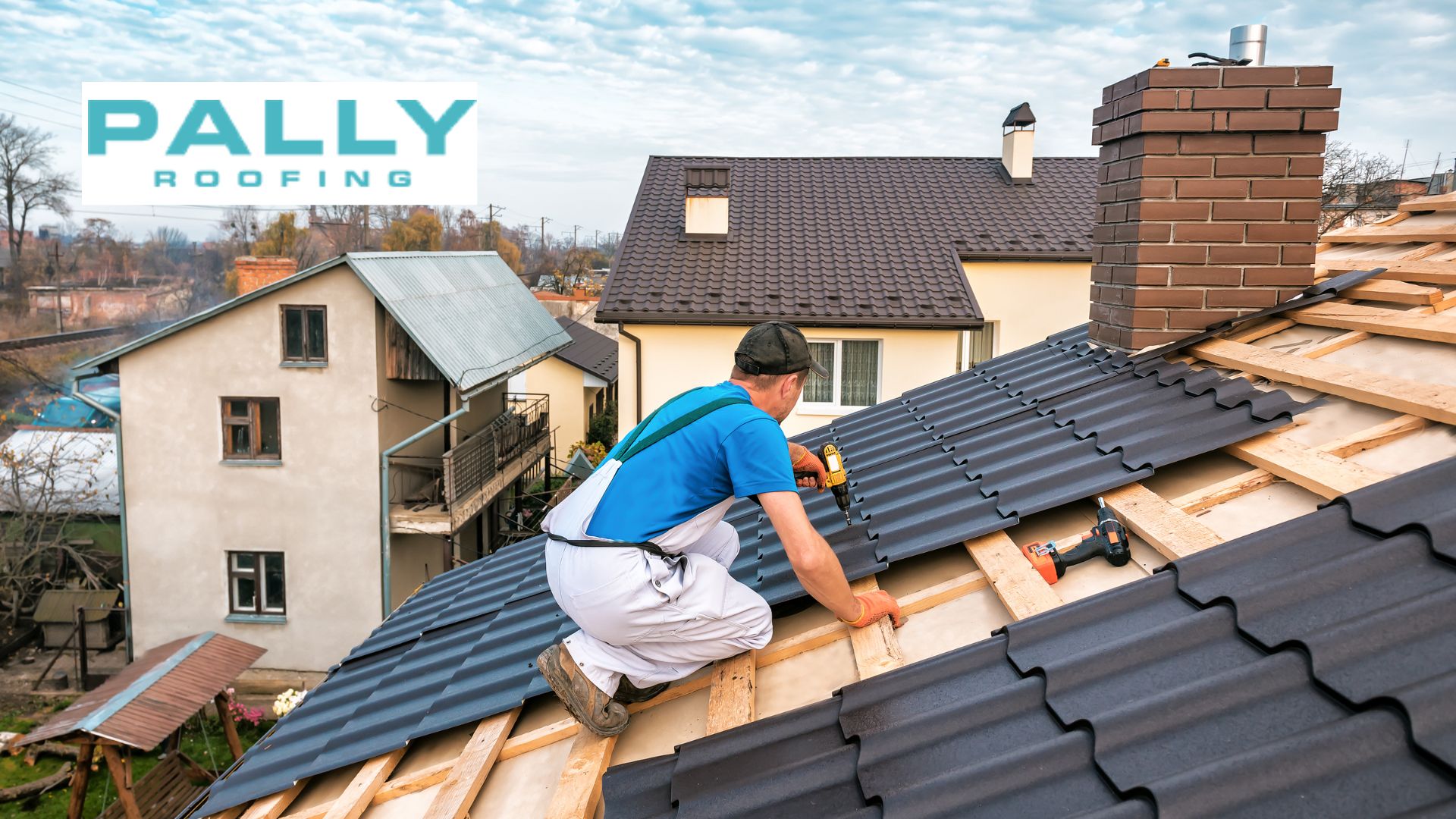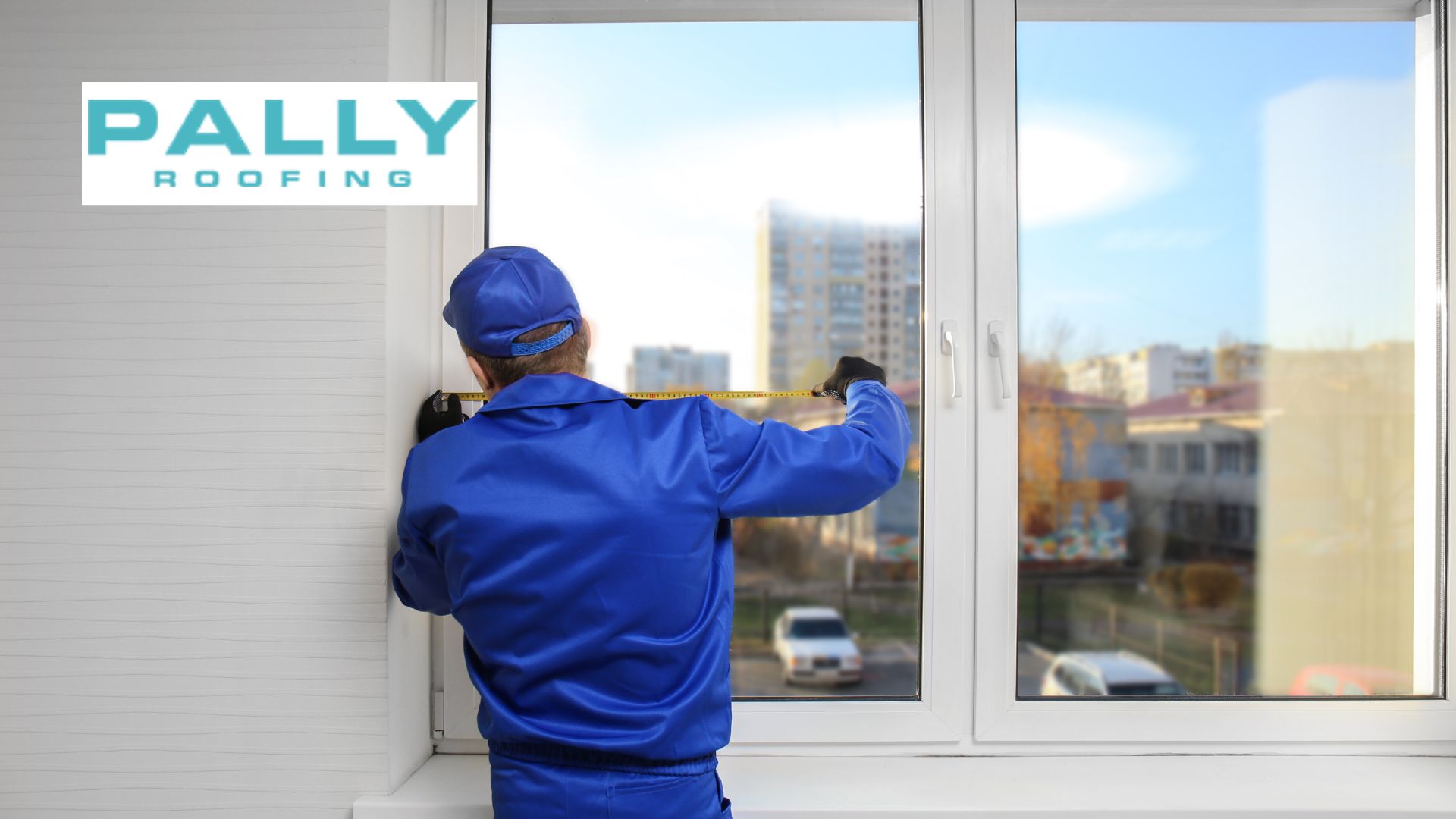Last updated on August 28th, 2024 at 09:29 am
Heavy rainfalls can pose a significant threat to your home’s integrity. Leaky roofs, water damage, and structural issues can arise from inadequate protection against these weather events. Choosing the right roofing material is crucial for ensuring your home remains safe and secure during heavy downpours.
Table of Contents
This blog post explores the best roofing options for heavy rainfalls, considering various factors like durability, water resistance, and long-term performance. We’ll also delve into additional considerations, benefits, and maintenance tips to help you make an informed decision for your specific needs.
Choosing the right roofing material for heavy rain requires expertise and experience. At Pally Roofing, our team of certified professionals can assist you in selecting the most suitable option for your home based on your specific needs, budget, and local climate. We offer a wide range of high-quality roofing materials, including metal, slate, tile, and asphalt shingles, ensuring you have access to the best solutions for optimal performance in heavy rainfalls.
Understanding the Challenge: Why Choosing the Right Roof Matters
Heavy rainfalls can present several challenges for your roof:
- Increased water volume: Heavy rain puts immense pressure on your roof, requiring a material that can withstand the weight and prevent leaks.
- Wind-driven rain: Strong winds can accompany heavy rain, driving water under shingles and through vulnerable areas.
- Standing water: Flat roofs or areas with poor drainage can collect water, leading to leaks and potential structural damage.
Choosing a roof that excels in these aspects is essential for safeguarding your home and avoiding costly repairs down the line.
Top Roofing Options for Heavy Rainfalls: Material-Specific Breakdown
Now, let’s explore some of the best roofing materials for heavy rainfalls, highlighting their individual strengths and considerations:
- Metal Roofing:
- Durability and Weather Resistance: Metal roofs are renowned for their exceptional durability, lasting several decades with minimal maintenance. They are resistant to water infiltration, corrosion, and even fire.
- Types of Metal Roofing: Various metal options exist, such as standing seam, metal tiles, and corrugated metal. Each offers unique aesthetics and performance characteristics.
- Installation Considerations: Proper installation by experienced professionals is crucial for optimal performance, especially in areas with heavy rainfall.
- Maintenance: Metal roofs require minimal maintenance, occasional cleaning, and inspections to ensure longevity.

- Slate Roofing:
- Exceptional Water Resistance and Lifespan: Slate roofs are known for their unmatched water resistance and exceptional lifespan, often exceeding 100 years. They are naturally impermeable and highly resistant to harsh weather conditions.
- Aesthetic Appeal and Historical Significance: Slate roofs offer a timeless and elegant aesthetic, often adding significant value to historic properties.
- Cost Considerations and Installation Complexity: Slate is a premium material with a higher upfront cost compared to other options. Installation requires specialized skills and expertise, further impacting the overall cost.
- Maintenance: While highly durable, slate roofs may require occasional repairs and cleaning to maintain their appearance and performance.
- Tile Roofing:
- Variety of Styles and Materials: Tile roofs come in various styles and materials, such as concrete and clay. They offer a diverse range of aesthetic options to complement different architectural styles.
- Durability and Resistance to Harsh Weather: Tile roofs are known for their excellent durability and resistance to heavy rain, wind, and even fire. They can withstand harsh weather conditions for several decades.
- Weight Considerations for Roof Structure: Due to their weight, tile roofs require a sturdy roof structure to support their installation. Consulting a structural engineer might be necessary before opting for tile roofing.
- Installation Expertise and Potential Costs: Installing tile roofs requires specialized skills and experience, potentially impacting the overall project cost.
- Asphalt Shingle Roofing:
- Affordability and Widespread Availability: Asphalt shingles are the most popular and affordable roofing option. They come in various styles and colors to suit diverse preferences.
- Choosing the Right Shingle Type for Rain Resistance: Selecting the right shingle type with adequate waterproofing capabilities is crucial for heavy rain areas. Opt for architectural shingles with enhanced water resistance compared to 3-tab shingles.
- Installation Techniques for Optimal Performance: Proper installation techniques are essential for ensuring watertight seals and preventing leaks. Hiring experienced roofers familiar with different shingle types is recommended.
- Maintenance and Potential Lifespan: Asphalt shingles require regular inspections and occasional repairs to maintain their effectiveness. Their lifespan can vary depending on the shingle quality and installation practices.
Remember: Each material has its unique advantages and considerations. Choosing the best option for your home depends on factors like budget, desired aesthetics, roof pitch, local climate, and maintenance requirements.
Proper installation is also crucial for maximizing the performance and lifespan of your roof, especially in areas prone to heavy rainfalls. At Pally Roofing, we take pride in our meticulous installation practices, ensuring every roof is installed according to strict industry standards and local building codes. Our team is familiar with the nuances of different roofing materials and local weather patterns, guaranteeing a watertight and durable roof that can withstand even the heaviest downpours. Contact us today for a free consultation and let our experts handle your roofing needs with confidence.
Additional Considerations When Choosing a Roof for Heavy Rain
Beyond material selection, several other factors play a crucial role in ensuring your roof can handle heavy rainfalls effectively:
- Roof Pitch and Drainage: A steeper roof pitch allows for better water runoff, while flat roofs require meticulous attention to drainage systems to prevent water accumulation.
- Ventilation and Moisture Management: Proper ventilation helps prevent moisture buildup under the roof deck, which can lead to rot and mold growth. Ensure adequate ventilation is incorporated into your roof design.
- Local Building Codes and Regulations: Different regions might have specific building codes and regulations regarding roofing materials and installation practices. Ensure your chosen material and installation method comply with local requirements.
- Cost vs. Lifespan and Maintenance Requirements: While upfront costs are a significant factor, consider the long-term value proposition. Opting for a material with a longer lifespan and lower maintenance requirements can be more cost-effective in the long run.
Benefits of Choosing a Rain-Resistant Roof
Investing in a roof specifically designed for heavy rain offers several advantages:
- Improved Protection Against Leaks and Water Damage: A robust and water-resistant roof minimizes the risk of leaks and water infiltration, protecting your home’s interior from potential damage and mold growth.
- Increased Lifespan and Potential Cost Savings: Choosing a durable and weather-resistant material can extend your roof’s lifespan, reducing the need for frequent replacements and associated costs.
- Enhanced Curb Appeal and Property Value: A well-maintained and aesthetically pleasing roof can significantly enhance your home’s curb appeal and potentially increase its market value.
- Peace of Mind and Security: Knowing your home is well-protected from the elements, especially during heavy rainfalls, provides peace of mind and a sense of security.
Comparing Different Roofing Options for Heavy Rain
To facilitate informed decision-making, consider creating a comparison table highlighting key features, benefits, and drawbacks of different materials:
Material | Durability | Water Resistance | Aesthetics | Cost | Maintenance |
Metal | Excellent | Excellent | Modern, industrial | Moderate-high | Low |
Slate | Exceptional | Exceptional | Classic, elegant | High | Moderate |
Tile | Very good | Very good | Diverse styles | Moderate-high |
Moderate |
Asphalt Shingles | Good (varies) | Good (varies) | Affordable, diverse options | Low | Moderate |
Remember: This table provides a general overview, and specific characteristics can vary within each material category. Conduct thorough research and consult with roofing professionals to understand the nuances of each option.
Maintaining Your Roof for Optimal Performance in Heavy Rain
Regular maintenance is crucial for ensuring your roof performs optimally and provides long-lasting protection against heavy rainfalls:
- Regular Inspections and Cleaning: Schedule annual inspections by qualified professionals to identify any potential problems like loose shingles, clogged gutters, or signs of wear and tear. Address minor issues promptly to prevent them from escalating into major repairs.
- Addressing Minor Repairs Promptly: Don’t neglect even minor issues like missing shingles or damaged flashing. Prompt repairs prevent further water infiltration and potential damage.
- Moss and Algae Removal: Moss and algae growth can trap moisture and deteriorate your roof over time. Consider professional cleaning services or utilize safe methods for DIY removal.
- Professional Maintenance Recommendations: Consulting with experienced roofers can provide valuable insights into specific maintenance requirements for your chosen material and local climate.
Regular maintenance is also essential for ensuring your roof’s longevity and effectiveness against heavy rain. Pally Roofing offers comprehensive maintenance plans that include annual inspections, cleaning, minor repairs, and expert advice. We also provide prompt and reliable repair services to address any issues like leaks, missing shingles, or damaged flashing, preventing them from escalating into major problems. Trust our experienced technicians to keep your roof in top condition, year-round.
Conclusion: Choosing the Right Roof for Heavy Rainfalls
Selecting the right roof for heavy rainfalls requires careful consideration of various factors like material properties, local climate, building codes, and your budget. By understanding the strengths and limitations of different options, along with additional considerations and maintenance practices, you can make an informed decision that safeguards your home for years to come.
Remember, consulting with qualified and experienced roofing professionals is crucial for assessing your specific needs and recommending the most suitable roofing solution for your property and location. They can provide valuable guidance on material selection, installation, and ongoing maintenance practices to ensure your roof remains a reliable shield against heavy rainfalls and other weather elements.
Author
-

With more than 16 years of hands-on experience, Phillip Schmucker is the knowledgeable owner of Pally Roofing. His dedication to superior roofing services has earned him a reputable place in the industry. Phillip also shares his extensive expertise through writing, providing readers with practical tips and professional advice on various roofing topics. Follow him on LinkedIn.
View all posts









